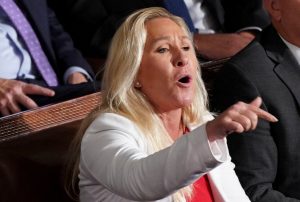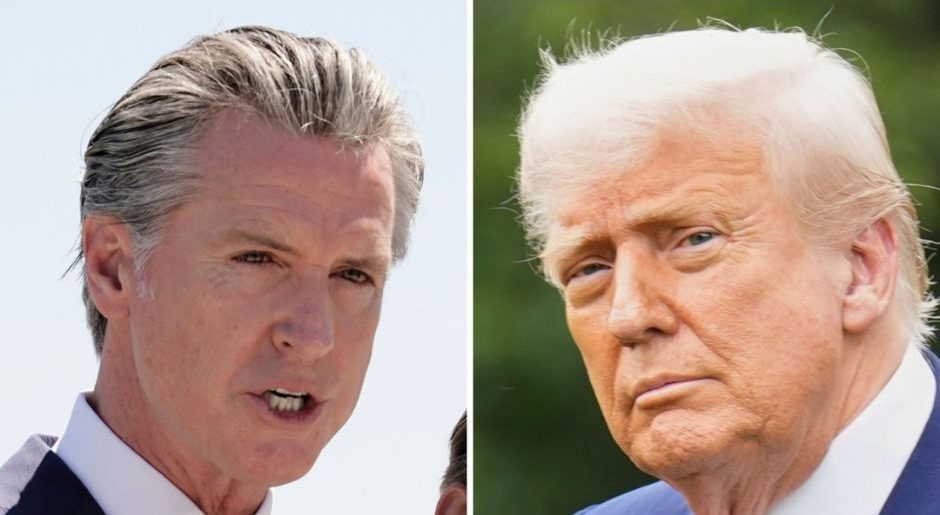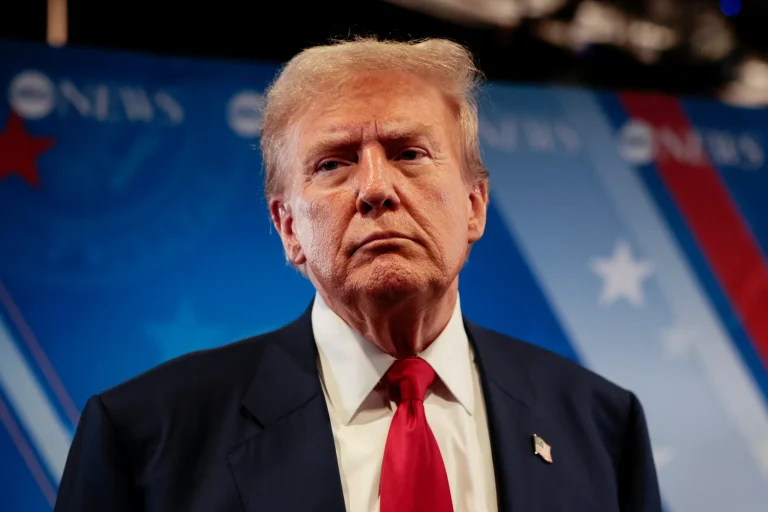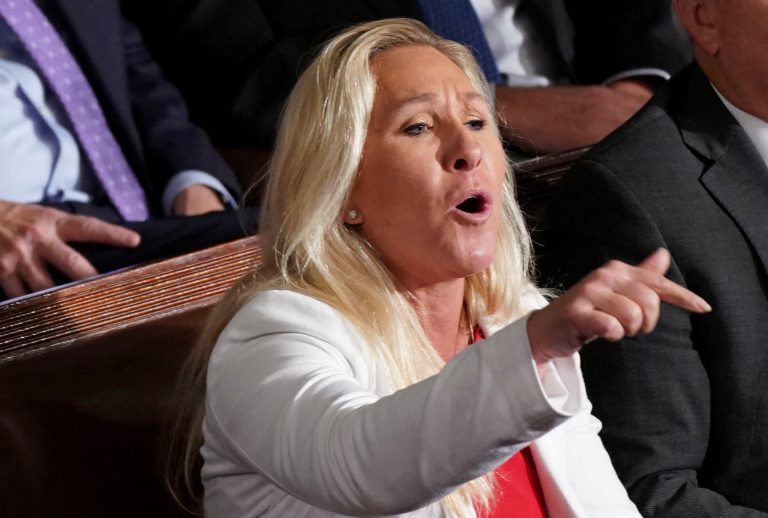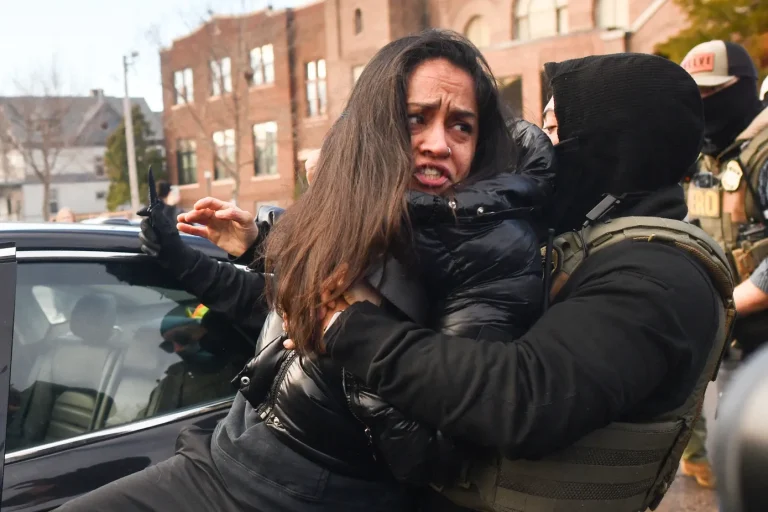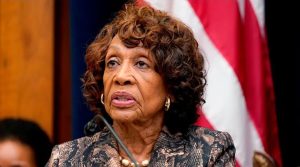NOTE: VIDEO AT THE END OF ARTICLE
A new set of U.S. travel restrictions officially went into effect Monday, following a presidential order aimed at enhancing national security. The updated policy bars entry for individuals from 12 countries and introduces additional limits for travelers from 7 others.
According to the presidential directive signed last week, the United States will now deny entry to most nationals from Afghanistan, Chad, the Republic of the Congo, Equatorial Guinea, Eritrea, Haiti, Iran, Libya, Myanmar, Somalia, Sudan, and Yemen. These countries were cited as having insufficient security screening or information-sharing procedures.
Seven other countries—Burundi, Cuba, Laos, Sierra Leone, Togo, Turkmenistan, and Venezuela—will face partial restrictions. These may affect certain types of visas or require extra documentation for entry.
The President emphasized that the measure is intended to protect the U.S. from threats related to public safety and terrorism. However, the proclamation includes exceptions for lawful permanent residents, current visa holders, and individuals deemed to serve the national interest of the United States.
Leaders from several affected countries have responded differently. The president of Chad announced a suspension of U.S. visa issuance in return, citing national dignity. Meanwhile, Somali officials expressed willingness to engage in talks to resolve concerns and restore normal travel procedures.
The policy rollout is being monitored closely by international observers, immigration advocates, and legal experts alike. While the administration describes the move as a necessary security precaution, critics have questioned the impact on families, students, and asylum seekers.
https://www.youtube.com/watch?v=3ZkPbyh6qLg

James Jenkins is a celebrated Pulitzer Prize-winning author whose work has reshaped the way readers think about social justice and human rights in America. Raised in Atlanta, Georgia, James grew up in a community that instilled in him both resilience and a strong sense of responsibility toward others. After studying political science and creative writing at Howard University, he worked as a journalist covering civil rights issues before dedicating himself fully to fiction. His novels are known for their sharp, empathetic portraits of marginalized communities and for weaving personal stories with broader political realities. Jenkins’s breakout novel, Shadows of Freedom, won national acclaim for its unflinching look at systemic inequality, while his more recent works explore themes of identity, resilience, and the fight for dignity in the face of oppression. Beyond his novels, James is an active public speaker, lecturing at universities and participating in nonprofit initiatives that support literacy and community empowerment. He believes that storytelling is a way to preserve history and inspire change. When not writing, James enjoys jazz music, mentoring young writers, and traveling with his family to explore cultures and stories around the world.

